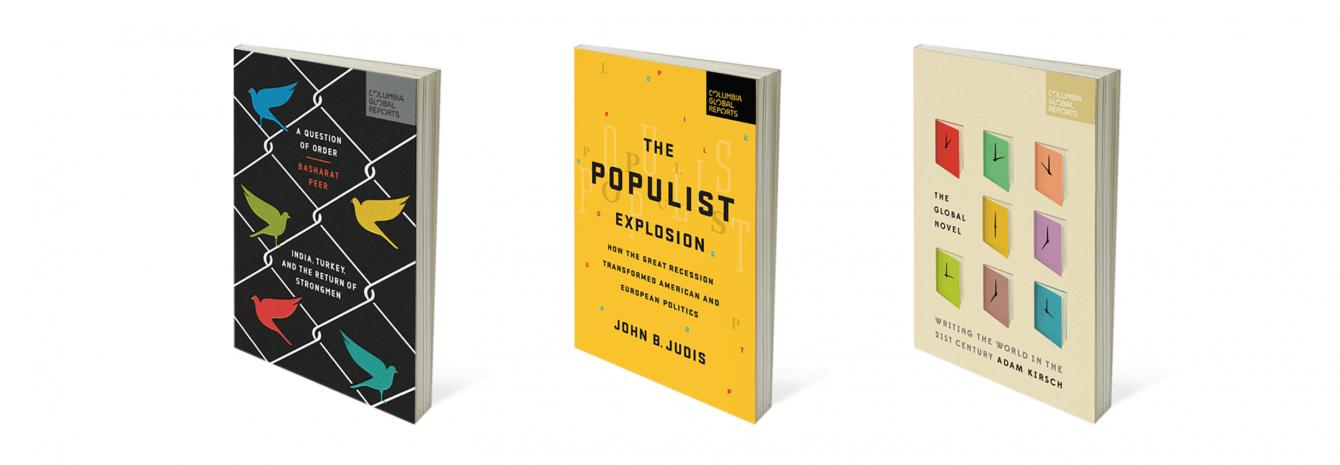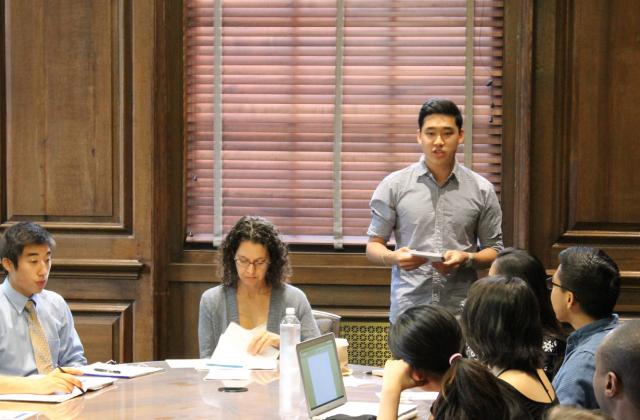Will long-form reporting shape our understanding of global issues?

A campus-based program founded in 2015, Columbia Global Reports commissions noted authors to do on-site reporting around the globe on a wide range of underreported issues. The books educate the public and decision-makers on issues related to global policies in government, science, business, and culture.
Recent works on pressing global issues include:
Is Populism the movement that is transforming global politics?
The Populist Explosion: How the Great Recession Transformed American and European Politics was published in October 2016, but it presaged the election of President Donald Trump. Author John B. Judis documents the rise of Populism from its start and shows how unrest across the globe is a result of discontent with a perceived elite majority. He argues that the current unrest across the globe was triggered by the 2008 recession and is beginning a cycle of disruptive change.
What will 21st century fiction look like?
Adam Kirsch is an award-winning poet and critic. In The Global Novel: Writing the World in the 21st Century, he examines writers, including Haruki Murakami, Elena Ferrante, Roberto Bolaño, and Margaret Atwood, to better understand literature in the age of globalization and how modern novels address both urgent contemporary concerns—climate change, genetic engineering, and immigration—along with timeless themes, such as morality, society, and human relationships.
What happens when a democratically elected leader evolves into an authoritarian ruler?
In A Question of Order: India, Turkey, and the Return of Strongmen, journalist Basharat Peer provides an account of how the charismatic strongmen Narendra Modi in India and Recep Tayyip Erdoğan in Turkey used the power they had won as elected heads of state to push their countries toward authoritarian ways, limiting press freedom, civil liberties, and religious and ethnic tolerance.
Make Your Commitment Today




